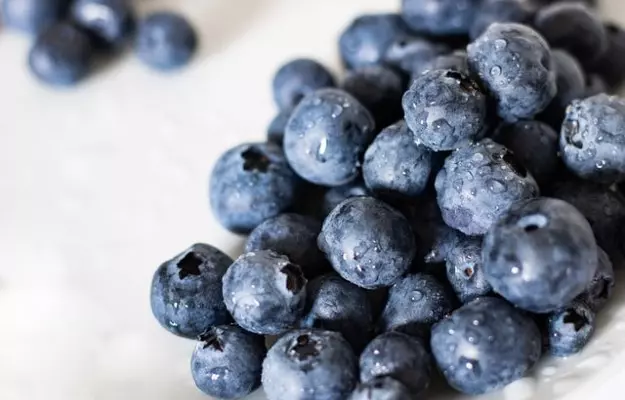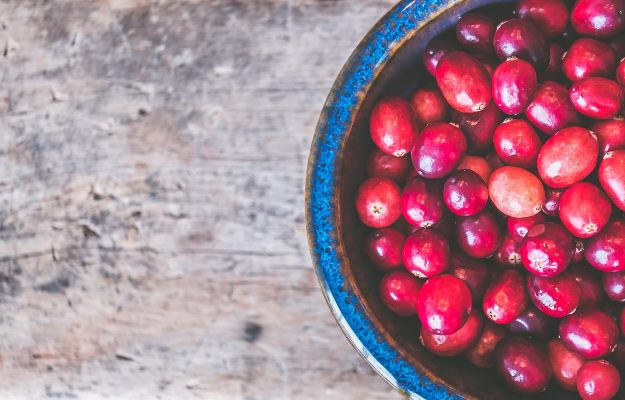As the name suggests, blueberries are dark blue coloured berries. They are packed with health benefits, as both the leaves and fruit of blueberries contain beneficial organic compounds.
Blueberries are a rich source of nutrients and antioxidants. They contain flavonoids, which provides them with anthocyanins. Anthocyanins are known to reduce inflammation in the body and also protect the body from various diseases including heart disease and even cancer.
Some basic facts about blueberries:
Scientific name: Cyanococcus
Family: Ericaceae
Common name: Blueberries
Native region and geographical distribution: Blueberries grow in Europe, America and some parts of Asia and Africa. Though their origin is not known, blueberries are said to have been cultivated for the first time in New Jersey, US, in the early 1900s—before that people picked and ate wild blueberries.
Parts used: Leaves and berries
Read on to know more about the benefits and side effects of blueberries:

























